‘He didn’t know his partner stealthed him’: The play exploring issues around consent and rape between gay men with real-life accounts
Exclusive: "How are men defining consent in their own head? And if they meet a partner, how is their partner defining consent? Sometimes there's a mismatch."
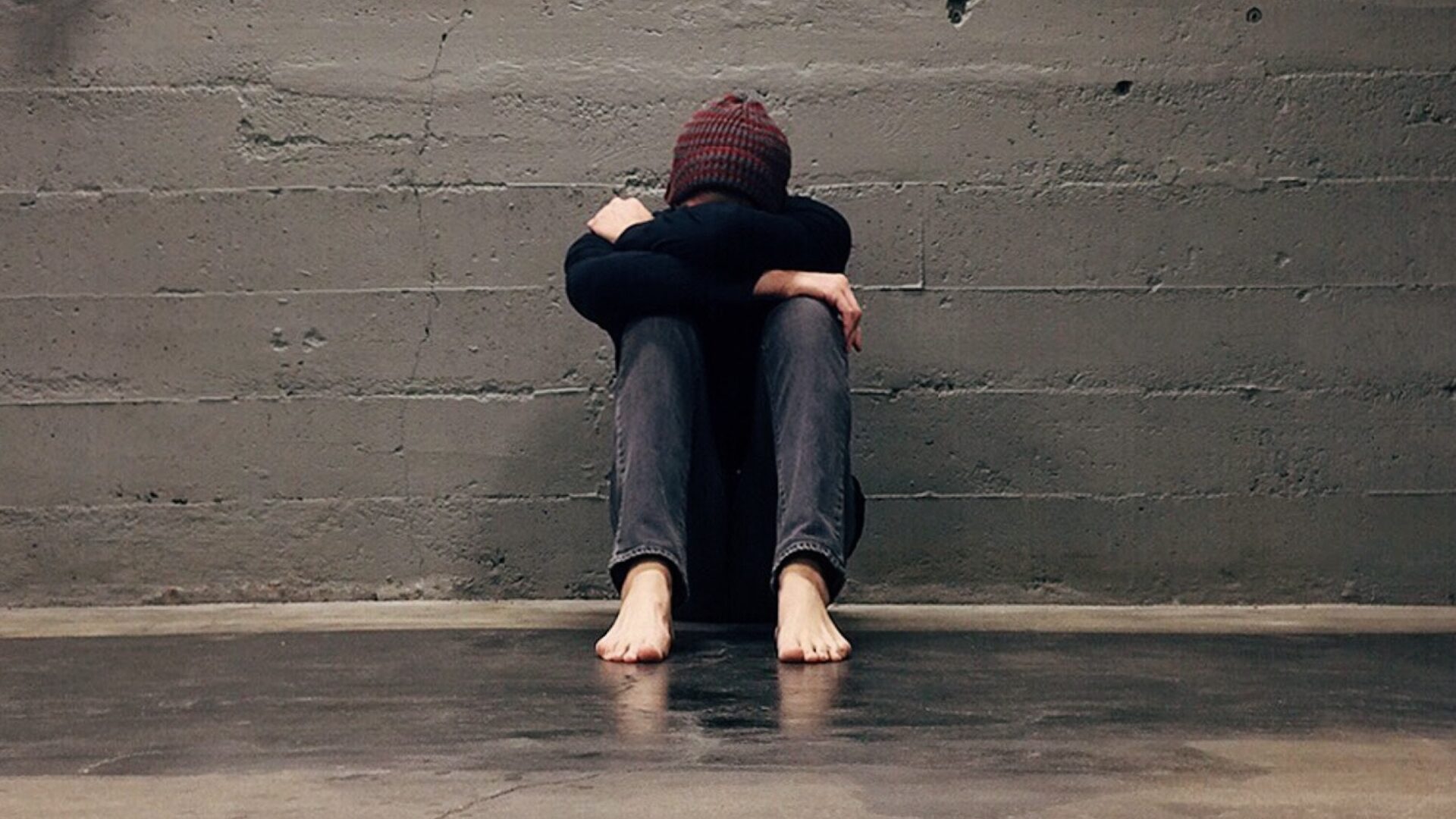
A play is set to debut at the Edinburgh Fringe highlighting queer men’s experiences with Intimate Partner Violence (IPV)
He Kept Me Safe is based on the work of researchers from Glasgow Caledonian University led by Dr. Steven Maxwell.
The “We are INVISIBLE!” Same-Sex Male Relationship Intimate Partner Violence report saw 10 men share their experiences of IPV. It’s an umbrella term encompassing domestic and sexual assault.
IPV is defined by the World Health Organisation as any kind of harm caused by. partner through controlling behaviour.
The report found that 30-45% of LGBTQ+ people have experienced IPV. This means they are roughly as likely to experience IPV as cis-women in heterosexual relationships.

One harrowing account reads: “The first time that he [his partner] raped me, I mean, I just, I sat in the shower all night, just with the water running over me… That part I remember very vividly… The first rape happened a few months in… It never stopped from that point then.”
He Kept Me Safe sees accounts like this weaved into a narrative and realised (with informed consent) onstage as four men undergoing a counselling session.
Speaking to Attitude ahead of the play’s debut at the Fringe, Dr. Steven Maxwell said it came about as a way to increase the report’s impact.
“Reports are fine, but a report doesn’t do justice to people’s experiences. To give it that authenticity, we felt the best way to do that was to look at something creative.”
While only providing a snapshot of the problems around IPV, Maxwell’s research has implications for the whole of the UK, he says.
“It’s about all areas of life”
Collaborating with his colleague, Dr. Edgar Rodríguez-Dorans, Maxwell constructed a narrative around key themes identified in his research. These include the men recognising that they were victims of IPV when most services and campaigns are focused on women.
Other themes include men avoiding coming forward initially out of fear of being seen as an ‘effeminate’ stereotype. And in some cases, men putting up with psychological abuse and coercive control to avoid being single.
Speaking further on the play’s themes Maxwell elaborated that the play also looks at consent and how the idea of that can change during a relationship.
“That’s not just about sex, it’s about all areas of life, how they dress, who they socialise with, when they go to work, how they spend their money.”
Rodríguez-Dorans, has worked in community theatre since 1999 in Mexico City. Since moving to Scotland in 2013 to study a PhD in Counselling Studies he’s produced plays focusing on the experiences of gay men and personal experiences.
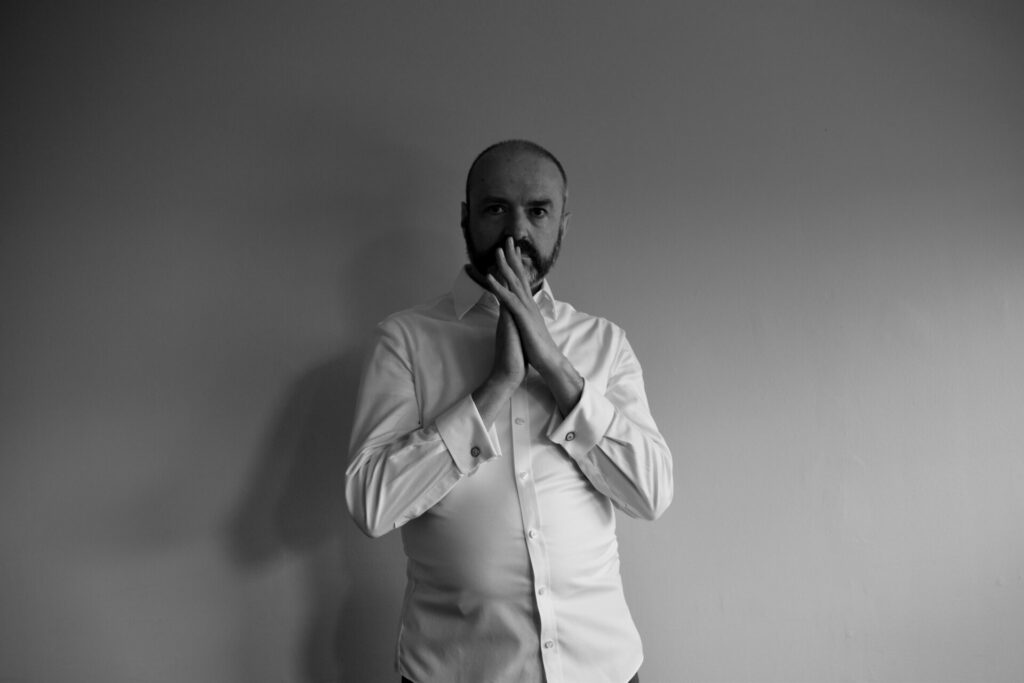
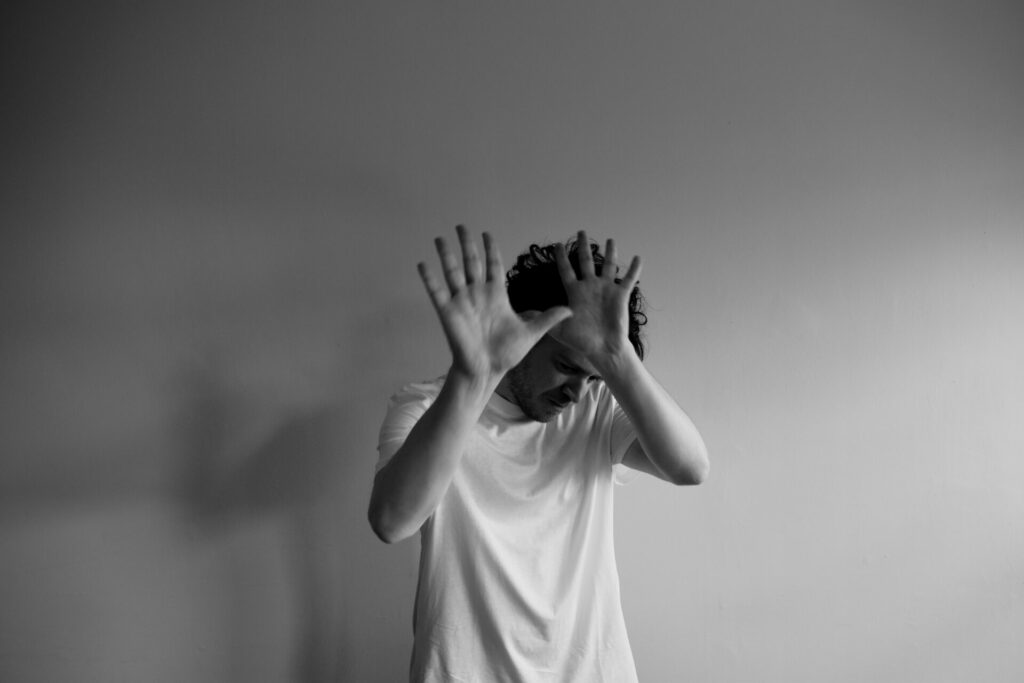
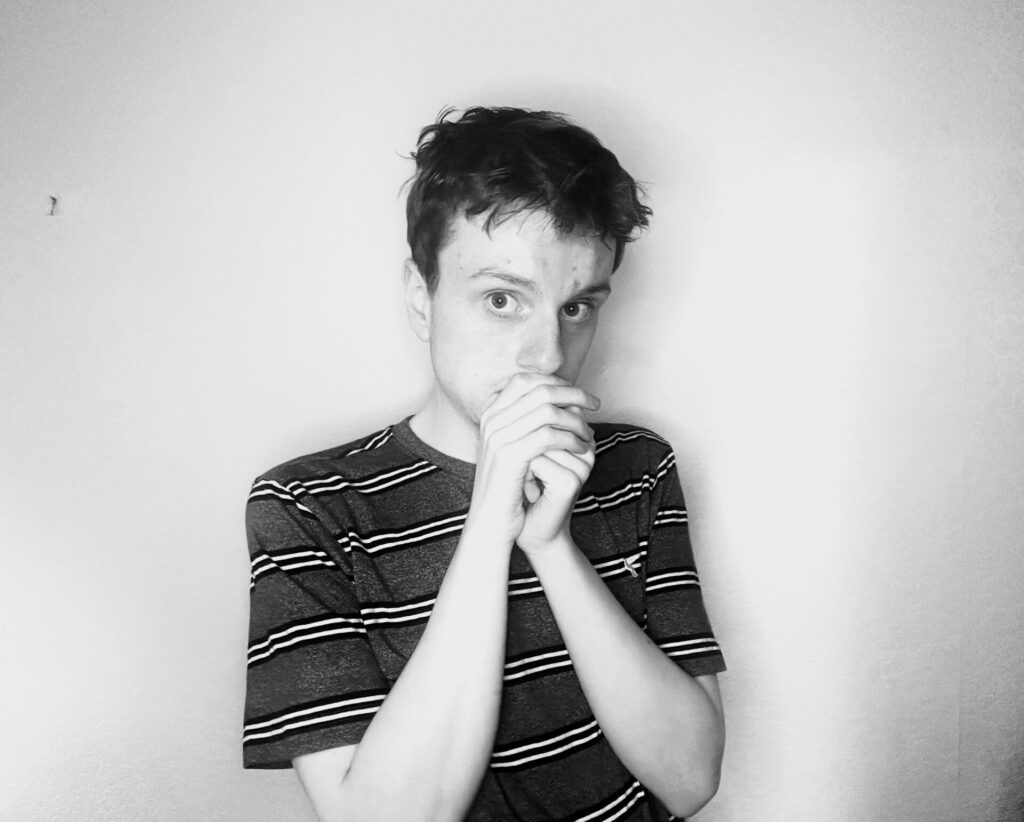
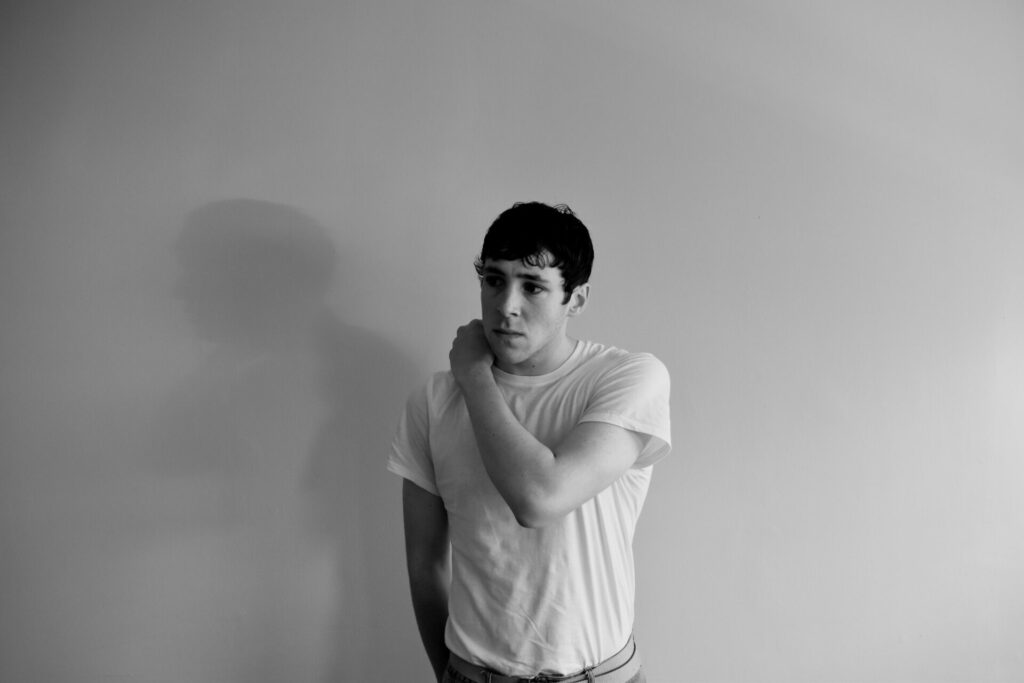
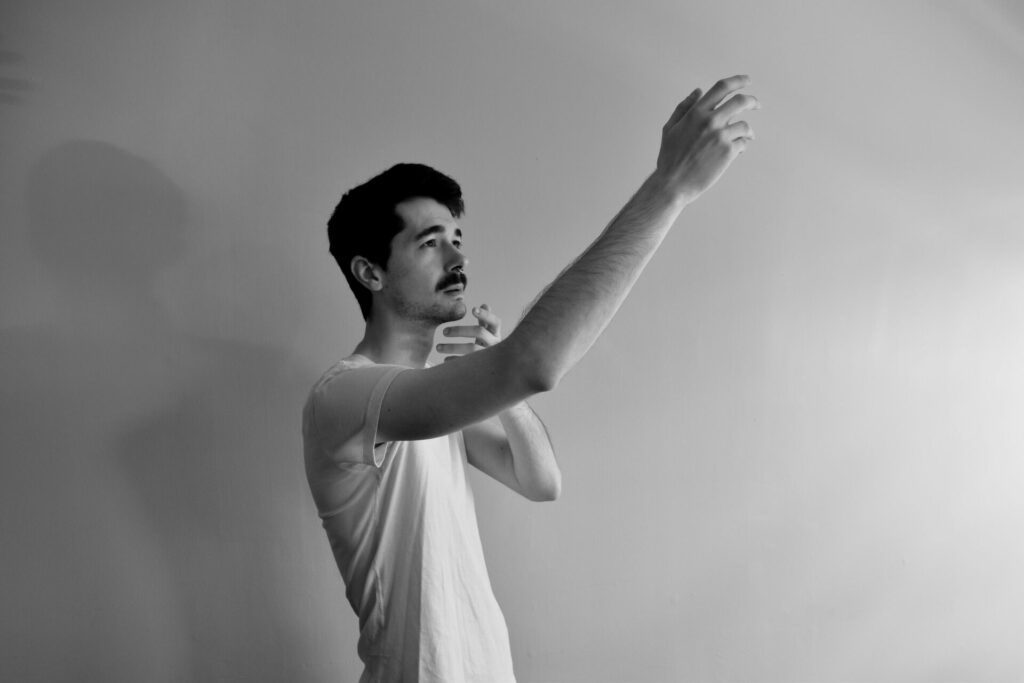
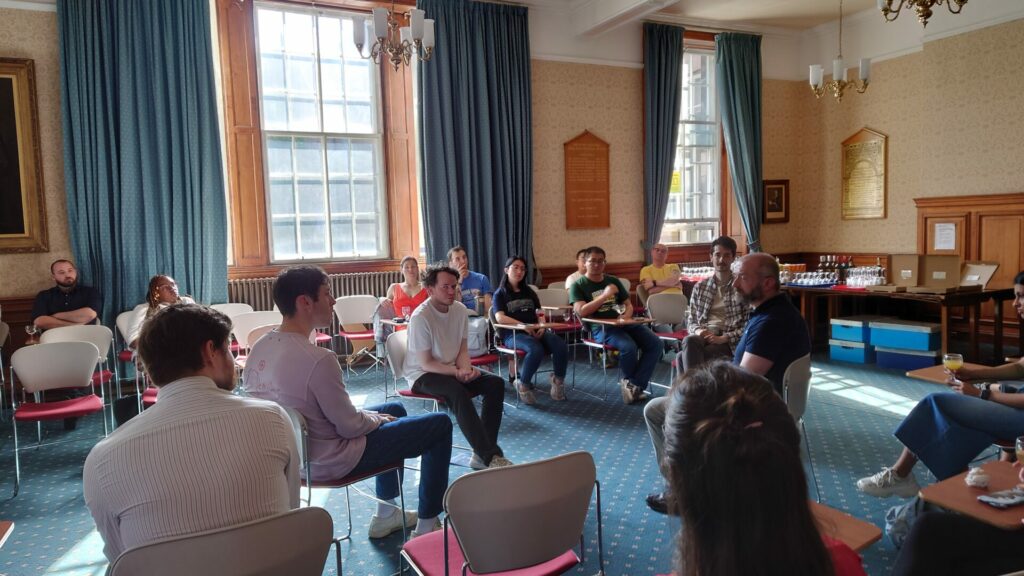
Describing the accounts in the study as “harrowing,” Rodríguez-Dorans emphasised the importance of work that highlights issues around IPV.
“People need to know about them, so they can recognise them when they see them in their own relationships or somebody else’s.”
Explaining the process of translating the men’s accounts into a coherent script he discussed his underlying principle being respect.
“I presented their narratives with a high level of detail, so when the audience watches the show, they get a sense of who these people are beyond the abuse; showing that this is something that can happen to anyone and how difficult it is to see it when you’re inside the relationship.”
He was also keen to highlight the men’s strength and resilience in coming forward and moving on as well as the impact of the real-life abusive relationships at the heart of the play.
“How are men defining consent in their own head? And if they meet a partner, how is their partner defining consent?”
The play also points to gaps in conversations between queer men about rape and what constitutes that. Again, Maxwell claims, this is because of the focus on male-on-female-rape, creating a double standard in how they are viewed.
Maxwell said the lack of rape narrative in the gay community is nothing new. He pointed to a lack of role models and education in harming younger generations’ understanding of what consent is.
“The conversation with them was: How are men defining consent in their own head? And if they meet a partner, how is their partner defining consent? Sometimes there’s a mismatch.
“Because consent is usually framed in heterosexual terms, one of the participants [in the study], his partner stealthed them. He didn’t know what it was. When he went to look at that online he could only find representation of heterosexual stealthing. He didn’t relate to it.”
Stealthing is when a partner secretly removes a condom during sex without the other person’s consent
“Sometimes I think that sometimes there’s a pressure from peers, maybe, about needing to engage in non-consensual sex to get sex,” Maxwell also said.
Maxwell continued: “There was a lack of recognition of rape. A lot of the men didn’t identify what rape was. Campaigns and resources out there are very much about a man raping a woman, but not about a man raping a man. Some of that goes back to social representation as well as stigmatisation as well about how a man might be a victim of rape.”
The play also draws on real-life experiences, good and bad, of men’s experiences with support services and authorities. Men sometimes found they were judged, the wrong pronouns were used and assumptions made.
He Kept Me Safe is playing at the theSpace @ Niddry St between 17-19 August. Tickets are available here.
